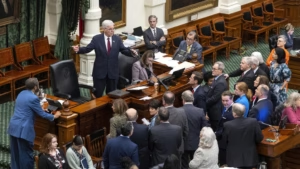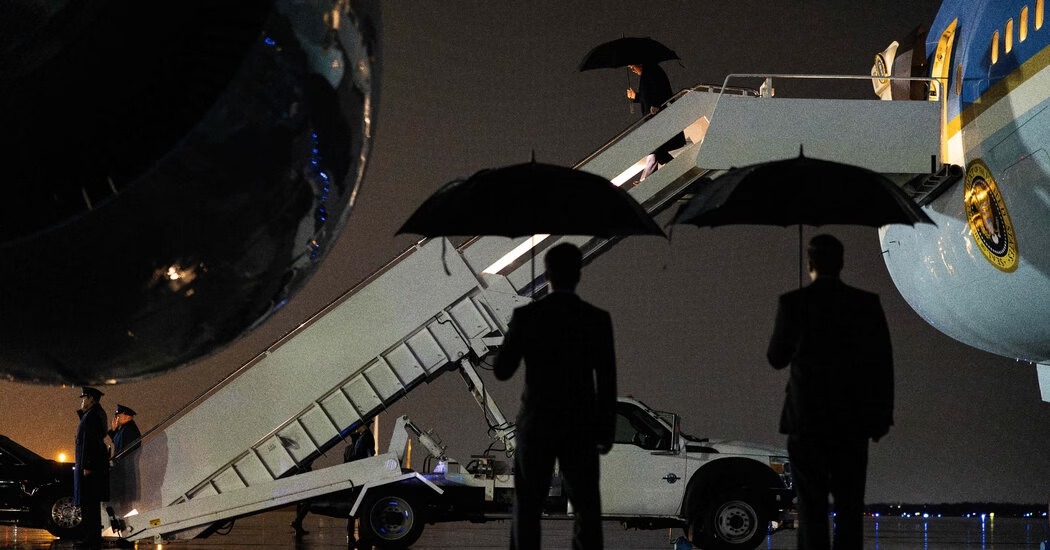President Trump has sparked new speculation about a potential meeting with China’s leader, Xi Jinping, by mentioning that Washington would need to be cleaned up in preparation for a future summit. However, no specific details have been provided, and China has remained silent on the matter. The potential meeting carries high stakes as the Trump administration has imposed tariffs on China and may implement additional measures in the coming month. China aims to prevent further escalations in the trade war, which could harm its efforts to revive its economy.
Before any summit can occur, China wants to clarify its understanding of what President Trump wants and who in Washington could effectively communicate with him. To address these questions, China has engaged scholars in unofficial diplomatic discussions with Trump administration officials and American foreign policy experts.
China’s interest in talks is evident, as officials have made overtures for discussions and emphasized the need for dialogue regarding issues such as the curtailment of fentanyl production. However, communication between China and the United States has been limited since President Trump took office.
China is seeking clarity on the conditions of a potential trade deal and how President Trump would respond to their wishes. They are likely to ask for the removal of tariffs, relaxation of restrictions on technology exports and Chinese investment in the United States, and assurance that the issue of Taiwan would not provoke Beijing.
While China has taken retaliatory measures against the tariffs imposed by the Trump administration, they also see the urgency of holding a high-level meeting before any further tariffs are implemented. Such a move would raise tensions between the two countries to a point where China would appear weak for agreeing to negotiations.
In the past month, Chinese officials have expressed concerns about the lack of urgency from the United States for high-level talks, perceiving it as an effort by Trump’s national security adviser and Secretary of State to stonewall China. The Trump administration’s unpredictable approach to diplomacy and economic actions presents a challenge for China, as they prioritize protocol and control in their negotiations.
The next month is critical for U.S.-China relations, as President Trump may impose additional tariffs unless serious talks occur between senior officials. China is eager for the United States to come to Beijing for any meeting, rather than have Xi travel to the United States, as a matter of pride.
The absence of official meetings has prompted other figures to step up and offer themselves as emissaries. Senator Steve Daines of Montana, who is visiting China, plans to discuss issues like fentanyl and Chinese purchases of American products with the Chinese leadership.
However, making a deal between the countries poses challenges. The United States limits the sale of high-tech products to China and views Chinese investment as a threat. China insists that any deal must align with market principles, and cannot involve selling products at artificially inflated prices solely to meet targets.
For now, President Trump may be leveraging the situation to build political capital for future negotiations with China while pressing other trading partners and allowing China to face the consequences of the trade war.
Source: https://www.nytimes.com/2025/03/19/world/asia/trump-china-xi-tariffs.html





